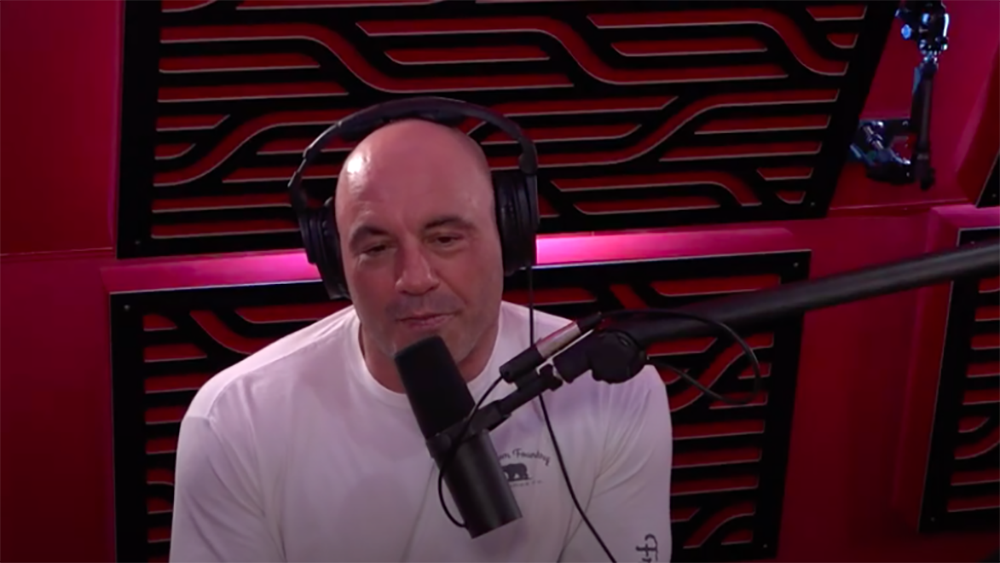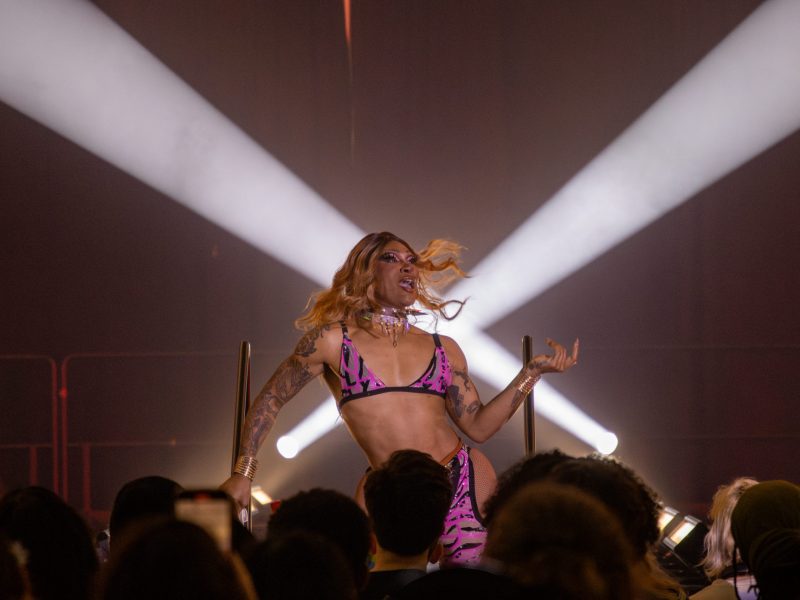Social media users cannot escape censorship. In an age of misinformation, Facebook and Twitter are attempting to regain control over their platforms and prevent users from spewing unreliable “facts” online. Removing problematic content is completely understandable, but the actions are also raising concerns.
Music streaming giant Spotify has subtly entered the discussion, and podcast creatives have every reason to be concerned about their work. Love him or hate him, Joe Rogan started this conversation, and his ongoing battle with Spotify is proving just how important it is.
Rogan is among the world’s most popular podcasters, and The Joe Rogan Experience has garnered a fiercely loyal fanbase. His fans not only respect his jokes, but they appreciate his willingness to embrace controversy. From politics to sports to neuroscience, he covers it all.
Rogan dominated podcasting independently before agreeing to a $100 million deal with Spotify earlier this year. Afterward, Spotify employees held meetings to voice their concerns about including his content on the platform. They even threatened to walk out if they could not have “direct editorial oversight” of the show. Rogan promised back in May there would be no censorship, and that the entire library would be available on Sept. 1.
[Review: ‘The Queen’s Gambit’ is a gorgeous look at femininity, addiction and the 1950s]
Yet, when it first debuted on the platform, his show was missing episodes with his most controversial guests. Those included Mikhaila Peterson, Owen Benjamin and Alex Jones, among other right-wing “activists,” comedians and YouTubers.
Recently, fans noticed another recent episode with Jones had disappeared. If you believe what Spotify has said, then you’d think that the episode’s deletion was due to a technical glitch. Rogan said the same in an Instagram post that — ironically — was also deleted. But everything is riddled with speculation nowadays.
Even if listeners believe Rogan, the glitch reminded everyone of how serious censorship’s effects can be, and the desires of some Spotify employee to censor Rogan have brought up huge red flags for creators on the platform.
Rogan is not affiliated with a political party, but he is definitely a vocal commentator who leans libertarian. The JRE has never been labeled a news podcast, and Rogan is certainly not trying to win the Pulitzer Prize for Investigative Reporting.
Instead of acting like a professional news anchor, he often presents repeatedly debunked conspiracy theories while painfully stoned. Rogan was brought to Spotify to be himself, which inevitably means making waves. An episode is sometimes like listening to a group of friends contemplate the existence of aliens while under the influence. It’s concerning that Spotify employees hope to have serious editorial privileges over a show that is not even taking itself seriously (and, that utter ridiculousness is arguably responsible for podcasting’s shocking increase in popularity.)
Fans are pointing out now that his recent apologies about spreading misinformation are uncharacteristic. In that recent episode with Alex Jones, Rogan met him with a healthy amount of questioning and included a fact-checker.
Trying to be more responsible is a worthwhile effort. However, Rogan should not be forced to lose his unfiltered attitude. That would be a blow to the show’s creative integrity, especially given that it was never meant to be an accurate source of information.
Critics argue that someone is bound to take the nonsense that Rogan’s guests often spew seriously. This would require them to disregard the show’s many disclaimers or labels. Some of the guests’ stances can absolutely be dangerous; however, context is crucial.
Listeners are not deceived into thinking they are hearing from the most sophisticated sources. The JRE could easily be classified as a comedy show. Criticizing a comedian’s content is easy. A good political comedian needs to push boundaries and make their audience a little uncomfortable. If Rogan cannot do that, he cannot properly do his job.
Call Her Daddy’s Alex Cooper is another comedy podcast host who deals with controversy over her content. Given the unclear standards for censorship across the internet, there is nothing stopping Spotify employees from going after the beloved Gluck Gluck, too. If political comedy is inappropriate for audiences, vulgar sex jokes are not immune to potential censorship, either.
Ultimately, Spotify’s potential restrictive powers are not a political issue but a creative one. Due to the app’s size, creators don’t have many alternative platforms. Not everyone has a massive Rogan-sized following and budget that would allow them to work independently. Censorship needs to be watched to ensure the platform continues to welcome all podcasters and encourage creativity.



